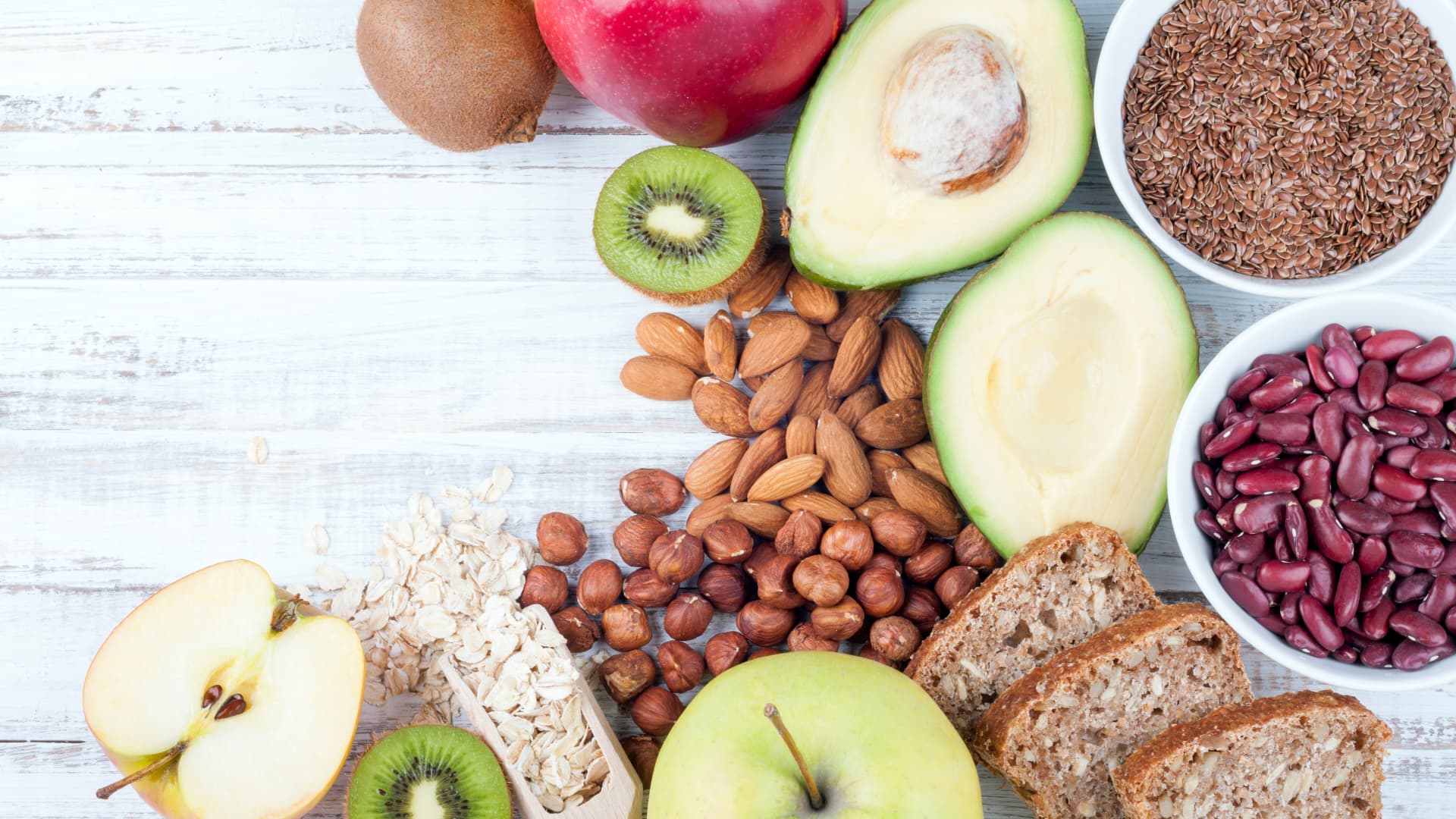Supplements that claim to improve appearance have grown in popularity in the past decade. From 2011 to 2020, the percentage of Americans who reported taking a hair, skin and nail vitamin in the past month rose from 2.5% to 4.9%.
But experts warn about side effects and dangers. Skin, hair and nail supplements often contain much more biotin than the human body needs, for example, a research paper published in the Journal of the American Academy of Dermatology has found.
High doses of biotin “can alter test results that healthcare providers may order, like thyroid testing, cardiac testing [and] potentially even vitamin D testing,” Dr. Rebecca Hartman, an assistant professor of dermatology at Harvard Medical School and one of the authors of the paper, tells CNBC Make It.
The daily recommended dose of biotin for adults is 0.03 milligrams. In some cases, supplements had 650 times that amount, according to the U.S. Food and Drug Administration.
High levels of biotin to that degree can potentially lead to false diagnoses of hyperthyroidism and affect doctors’ abilities to detect heart attacks in patients, Hartman told TODAY in June.
Dr. Adam Friedman, chair of dermatology at the George Washington University, says these side effects can sometimes be deadly. “Someone died because a heart attack was missed [during testing],” Friedman explains, saying that the patient’s troponin levels weren’t showing any sign for concern. “They weren’t elevated in this one individual who was taking a biotin supplement for hair growth.”
Biotin, or vitamin B7, is commonly found in most foods and multivitamins, so people rarely need supplements, anyway, says Friedman. “If you were biotin deficient, you wouldn’t be going to Walgreens to buy a bottle of biotin,” he says. “You’d probably be in the hospital.”
The natural way to get biotin and collagen: A balanced diet
Claims that suggest biotin is good for hair, skin and nail health are mostly anecdotal, Hartman says, adding, “Most Americans are getting the small amount needed already through their daily diet.”
While preliminary data shows that collagen may make your skin healthier, Hartman says more research is required to solidify that claim.
Regardless, a well-rounded diet is the most natural and safest way to get “beauty” nutrients like biotin and collagen, the researchers agree.
Foods that are rich in biotin include:
These foods help promote collagen production:
- Meats
- Bone broth
- Gelatin
- Dairy
- Beans
- Soy
- Fruits, leafy greens, and root vegetables for vitamin C, zinc, and copper, which help produce collagen
Before taking any supplement, it’s important to ask yourself these questions:
- Does it actually have the active ingredients it claims to have?
- What evidence supports using this particular amount of this particular product?
- Is this a trusted company to buy this specific product from?
- Has it been third-party tested, and does it contain any contaminants?
- Have I checked in with my doctor before taking it?
Collagen supplements, which are often touted as a skin health aid, can often be taken without undue concern — but when tested, many popular brands contained toxic heavy metals like lead and mercury, Hartman and other dermatologists note.
Taking collagen probably “won’t hurt,” Friedman adds, “but we have so little guidance on giving recommendations in respect to the right dose.”
For him, this is the bottom line: “I tell my patients, please don’t take [biotin]. To me, there’s really no added benefit, only potential harm.”
DON’T MISS: Want to be smarter and more successful with your money, work & life? Sign up for our new newsletter!
Take your business to the next level: Register for CNBC’s free Small Business Playbook virtual event on August 2 at 1 p.m. ET to learn from premier experts and entrepreneurs how you can beat inflation, hire top talent and get access to capital.

